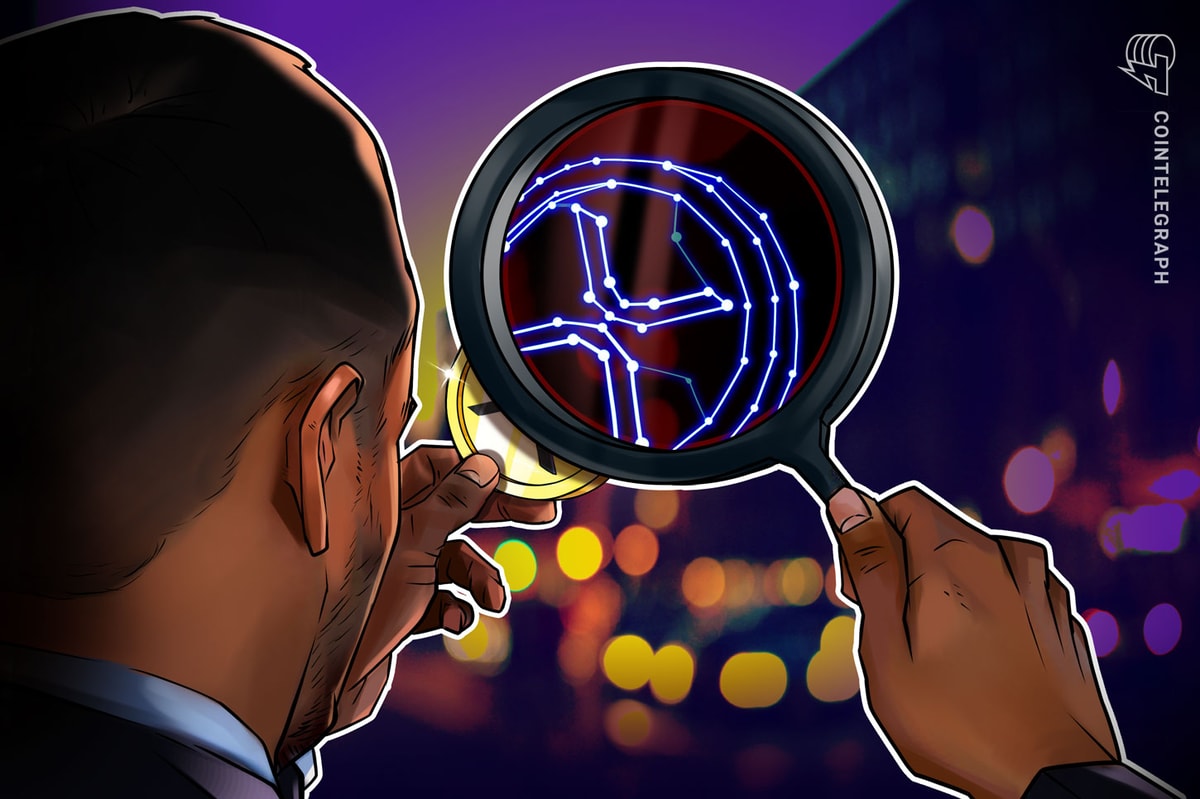XRP clawback nears 100% consensus — Will ‘reversible’ transactions boost price?

The XRP (XRP) community is rallying in support of a proposal to institute a “clawback” function, set to be implemented on the XRP Ledger (XRPL) on Feb. 8. The proposal has gained overwhelming approval, with 94% of unique validators voting in favor.
XRP Ledger Clawback amendment flag got set !
The ledger set the ETA for activation now
It's all coming together folks… pic.twitter.com/Sn2s67YmTk
— Vet ☠️ (@Vet_X0) January 25, 2024
What is XRP’s clawback feature?
The clawback feature aims to provide issuers with enhanced control over their distributed assets. For instance, it will grant issuers the capability to “claw back” funds from an associated account under circumstances such as lost account access or fraudulent activities. The official description explains:
“For regulatory purposes, some issuers must have the ability to recover issued tokens after they are distributed to accounts. For example, if an issuer were to discover that tokens were sent to an account sanctioned for illegal activity, the issuer could recover, or claw back the funds.”
David Schwartz, Ripple’s chief technology officer, clarified that the clawback feature would enable token issuers to retrieve a specific quantity of the issued tokens from current holders. In doing so, it will resolve legal disputes and comply with court orders.
… One more detail. While it's true that you can't really do anything with clawback that you can't do with freeze, in fairness it's worth analyzing one legitimate objection people could have to this feature.
Freeze is all or nothing. Clawback is more surgical. If you think…
— David “JoelKatz” Schwartz (@JoelKatz) October 2, 2023
The clawback feature is distinct from the “freeze” feature already present in XRPL, explained Schwartz. Without it, firms could be compelled to freeze all assets, leading to significant disruptions and potential financial losses.
Related: Reversible blockchain transactions are key to fighting crime in crypto
However, as with any significant update to a blockchain protocol, the clawback feature has its own pros and cons that could impact the price of XRP in the short and long term.
Pros
Michael McCaffrey, a business developer at asset tokenization firm Sologenic, highlighted the benefits of incorporating the clawback feature into the XRPL blockchain.
- Stablecoin integrity: Enables the recovery of funds in cases of security breaches or fraud without needing to freeze the pools entirely.
- Regulatory compliance in cross-border transactions: Allows selective reversal of transactions involving tokenized assets affected by sudden regulatory changes.
- Risk management of asset-backed tokenization: Enables token issuers to reclaim and reissue tokens selectively, which is handy where market downturns affect the underlying value of real-world assets.
[11/17] Stablecoin Boost
With the Clawback feature, major stablecoin providers like Circle #USDC may consider joining the XRPL.
This move injects new life into XRPL adoption and even paves the way for “decentralized” bridges!
The possibilities are boundless!
— DeXfi (@dexfi_pro) September 18, 2023
Overall, the ability to perform “surgical strikes” by retrieving specific quantities of assets without affecting the broader ecosystem is an advantage for compliant institutional investors. This targeted approach to dispute resolution can minimize collateral damage in legal disputes and maintain the integrity of the system.
Cons
With Bitcoin (BTC) setting the tone for blockchain transactions to be irreversible by design, reintroducing traditional banking tools would make XRP more like a fiat currency than a “decentralized” ledger.
Any feature that allows for the centralized control of assets carries the risk of misuse, and the basic criticism toward the clawback feature has been the same, including:
- User autonomy: The clawback feature can allow issuers to interfere with users’ holdings.
- Complexity and user confusion: Implementing such a feature adds complexity to the XRPL, especially for users with limited technical knowledge.
However, most XRPL validators have sidelined these potential drawbacks, with 33 out of 35 unique nodes voting to integrate clawback into XRPL.
Ripple adds a “clawback” function on their XRP arbitrary software ledger & they call it a “feature”
Without being a non-political, trustless, immutable ledger…
…it can never be sound money #bitcoin ≠ “crypto” pic.twitter.com/iE0yefbZlk
— Richard “Dick” Whitman (/21M) (@GhostofWhitman) January 31, 2024
Will clawback impact XRP price?
On one hand, enhanced regulatory compliance and increased trust could attract more institutional investment into XRP, potentially driving up the price. On the other hand, concerns about misuse and the impact on user autonomy could lead to negative market sentiment.
Historically, retail investors have often overlooked how features like clawback, which can introduce elements of centralization, might influence market dynamics.
For instance, blockchains like Ethereum and Stellar allow entities to reverse or alter transactions under specific circumstances. Their prices have performed well in the market since, nonetheless.
Consequently, the effect of the clawback feature on XRP’s price remains speculative. This is reflected in the chart below, where the cryptocurrency’s price trajectory leading up to the Clawback feature’s introduction on Feb. 8 appears stagnant, indicating a lack of significant interest from traders.

Technicals, however, are suggesting that a jump above a resistance confluence might be in play. Breaking this line is important, as it’s the longstanding weekly trendline support and the 200-week exponential moving average (200-week EMA; the blue wave).
Conversely, XRP charts have been flashing several bearish signals that could result in a decline toward $0.34 in the coming weeks.
This article does not contain investment advice or recommendations. Every investment and trading move involves risk, and readers should conduct their own research when making a decision.



